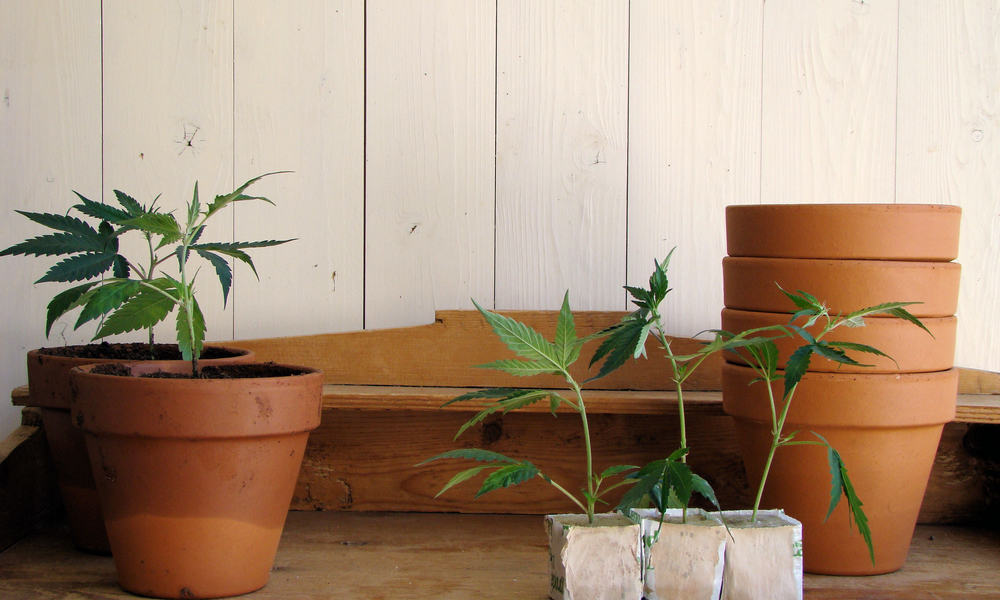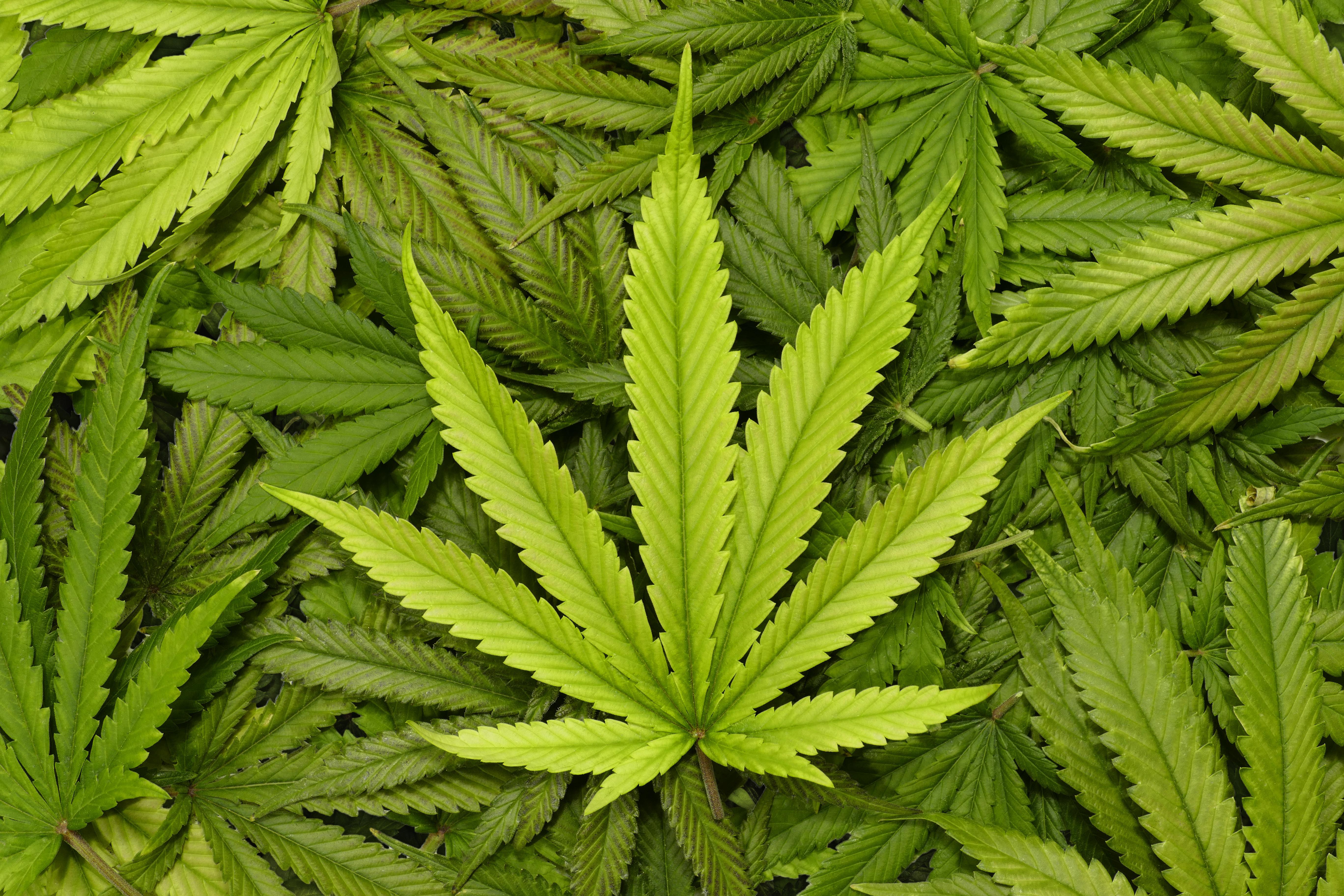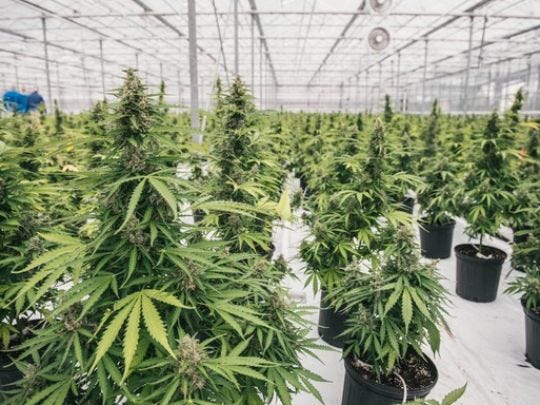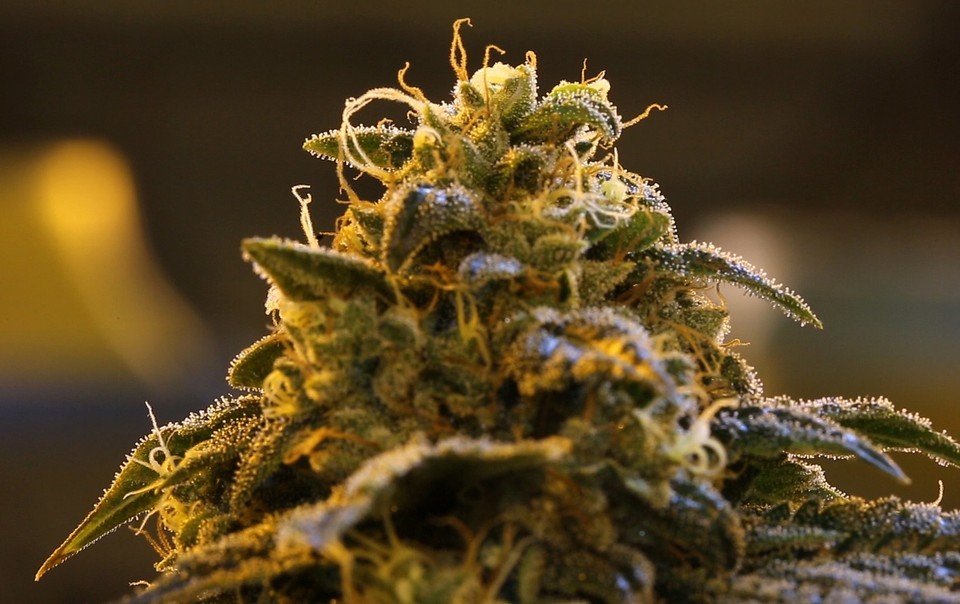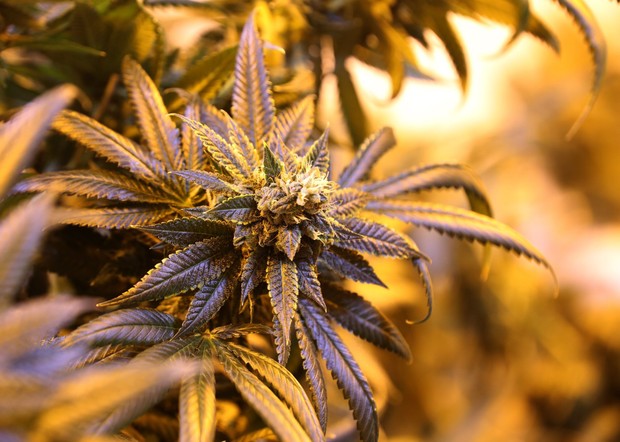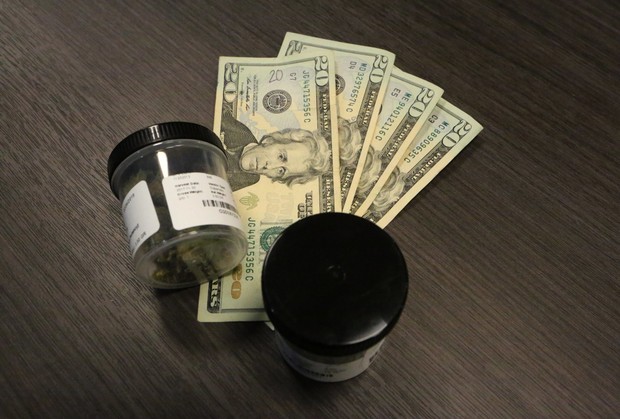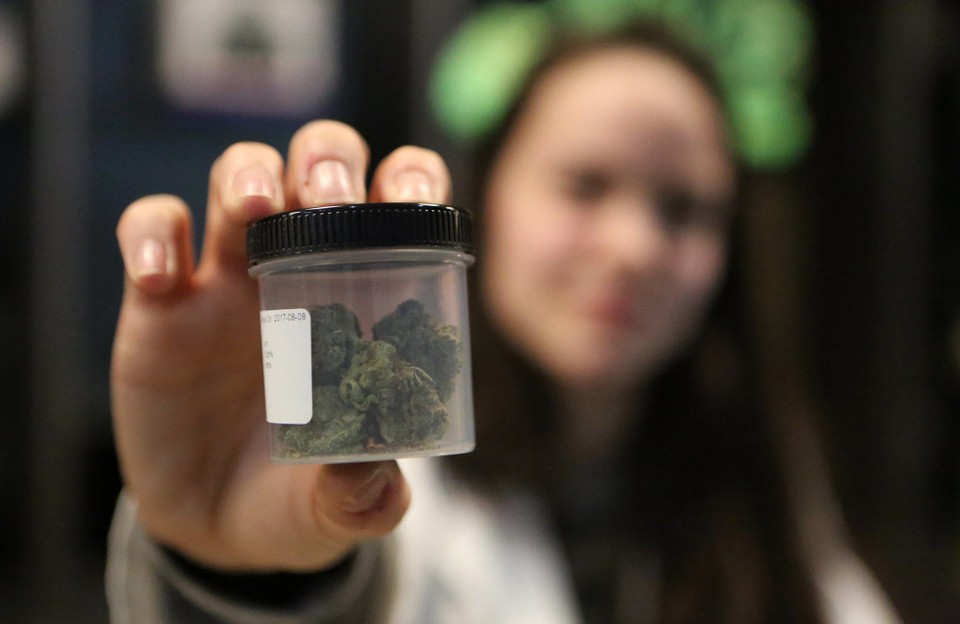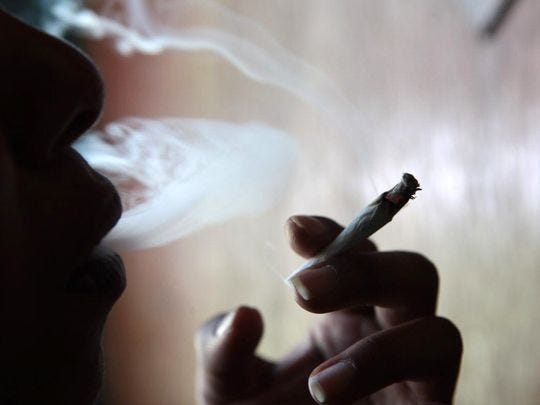Baron23
Well-Known Member
What does N.J. say to legal recreational weed? New poll has answers
Most New Jersey residents still aren't quite sold on legalizing the sale and use of weed for recreational use, even though more than two-thirds want to see changes made to the state's marijuana laws, according to a new statewide survey, obtained exclusively by NJ Advance Media.
Just 42 percent of those polled believe the state should legalize weed for recreational use, according to a new poll taken by Fairleigh Dickinson University, even as Gov. Phil Murphy continues to champion the cause.
By comparison, a quarter of those surveyed (27 percent) said they supported restricting its sale only to medical use, while roughly another quarter (26 percent) said it should merely be decriminalized, treating it like a civil traffic infraction rather than an actual crime.
"Anyone who expected legalization to happen quickly and easily might reconsider given these findings," said Krista Jenkins, professor of political science and director of the FDU Poll.
Earlier this month, NJ Advance Media was first to report that the newly sworn-in Democratic governor faced significant opposition from members of his own party in the state Legislature.
A dozen Democratic state senators, including Senate Health Committee chairman Joseph Vitale, D-Middlesex, are opposed, many of them staunchly so.
Other Democrats, like state Sen. Paul Sarlo, D-Bergen, said they oppose recreational legalization because they feel a more cautious approach is in order.
"The response I am getting from local elected officials, school administrators, coaches, law enforcement and even fellow youth athletics coaches is the same," said Sarlo. "It's 'Explore the expansion of medical marijuana and decriminalization as a first baby step.' "
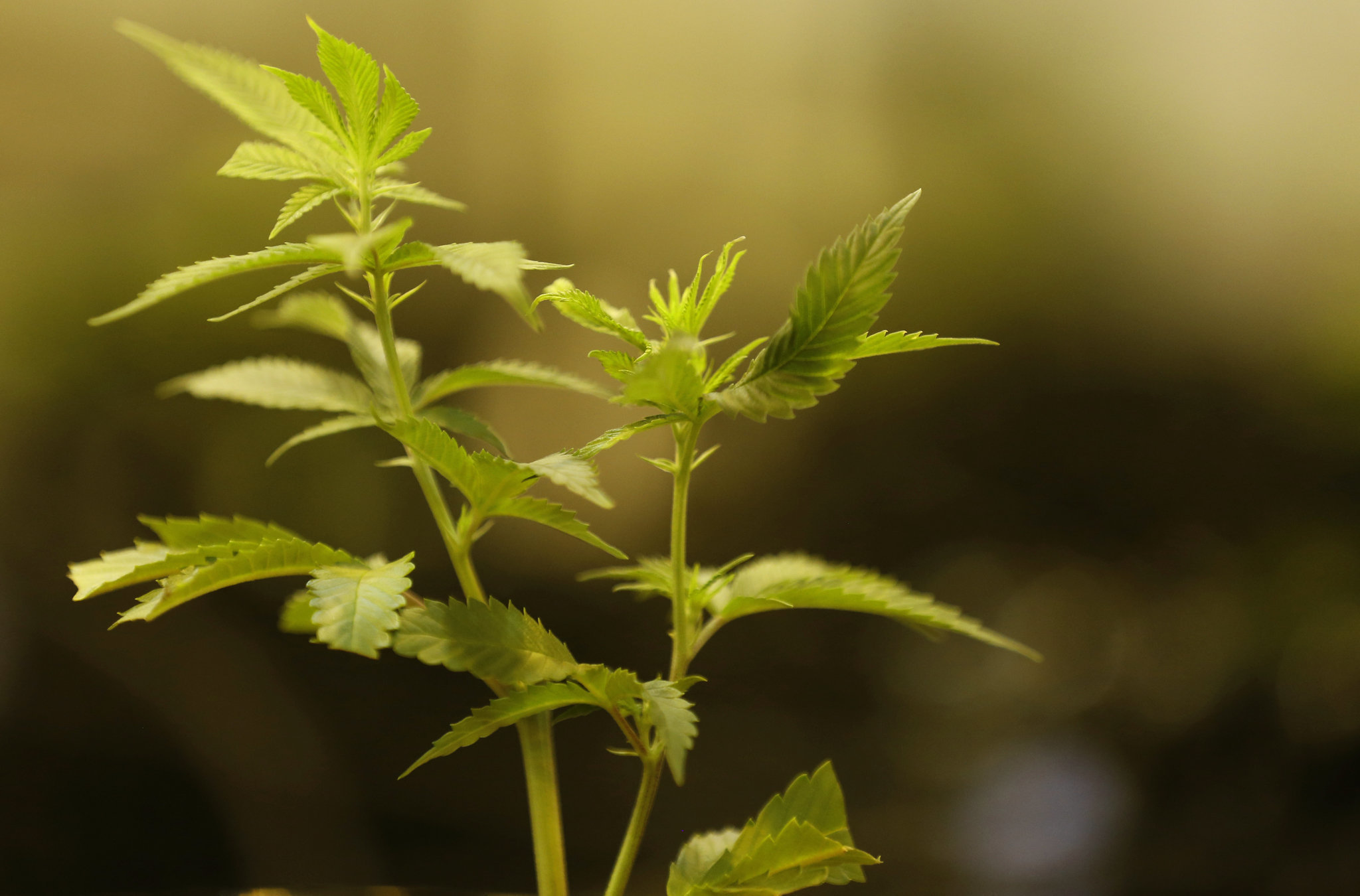
Murphy moves to expand access to NJ medical marijuana
The goal of the audit is to improve access for patients, who have encountered far too many bureaucratic hurdles in trying to participate, Gov. Murphy said.
The Garden State lags behind the national level of support for legalization of marijuana.
In a national NBC News / Wall Street Journal poll taken at the beginning of this year, 60 percent of Americans said they supported allowing adults to buy marijuana for personal use -- a rise of 5 percent from four years earlier.
Earlier this month, Vermont became the ninth state to approve recreational marijuana and the first to do so legislatively.
However, unlike bills percolating in New Jersey's Legislature, Vermont's new law does not allow for a commercial marijuana industry to be established there. Ind
Eight other states as well as the District of Columbia legalized weed with ballot initiatives, making the drug available legally to some 70 million people nationwide.
But in New Jersey, support for legalizing weed has been declining in recent years. In 2015, an FDU's poll found 49 percent of New Jerseyans said they favored the legalization of marijuana, with 46 percent opposed.
Meanwhile, the idea of marijuana stores popping up in Garden State neighborhoods is meeting with similarly mixed reaction.
The FDU Poll asked adults how they would feel if a store selling marijuana opened close by their homes.
On this, the public is evenly split: 49 percent said they would favor a weed shop opening nearby, while 43 percent said they would be opposed to it.
New Jersey could reap as much as $1 billion in annual tax revenue from legalizing marijuana, according to estimates by the Roseland law firm of Brach Eichler, which had two of its attorneys serve on Murphy's transition committee.
"Although many across the state are supportive of (tax) revenue coming from their neighborhoods, others approach the issue from a 'Not-In-My-Back-Yard' perspective," explained Jenkins.
The survey also found one rare area where Democrats, Republicans and Independents agree: If New Jersey legalizes marijuana, a majority of each group favors allowing low level marijuana offenders to have their criminal records cleared.
Eighty-three percent of Democrats feel simple possession offenses should be expunged, while almost two-thirds of Independents and slightly more than half of Republicans.
The Fairleigh Dickinson University poll was conducted by landline and cellular telephone January 24-28, 2018 among a random sample of 810 adults in New Jersey, with a margin of error of 3.8 percentage points.
